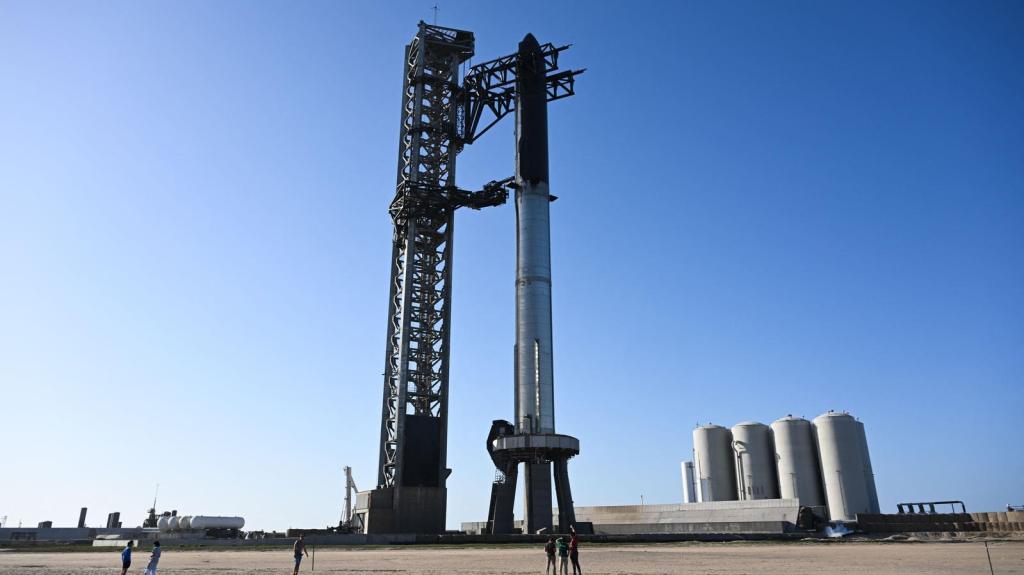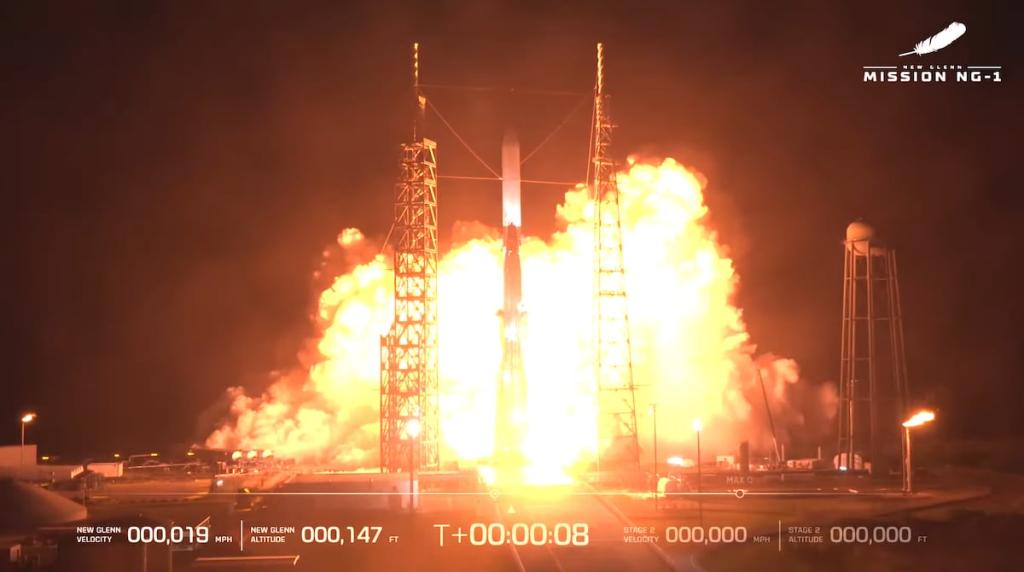SpaceX vs California Commission in Legal Tension over Launches
Discover how SpaceX's legal clash with the California Coastal Commission raises critical questions about political bias and environmental regulation in space exploration.

Key Points
- SpaceX
is suing the
California Coastal Commission, alleging political discrimination in the denial of its proposed increase in rocket launches.
- The conflict underscores the tension between federal and state regulations regarding commercial space activities and environmental protection.
- The outcome of this legal battle could significantly influence the future of aerospace regulation and corporate governance amid rising political discourse.
In an unexpected twist of events, SpaceX, the aerospace company founded by
, has initiated legal proceedings against the California Coastal Commission (CCC). This lawsuit highlights a critical clash between state regulatory authority and the rapidly evolving demands of the space industry. By examining the intricacies of this case, we can gain valuable insights into the complex relationship between innovation, environmental regulation, and political discourse.
At the heart of the dispute lies the CCC's recent decision to deny SpaceX's proposal to increase its annual number of rocket launches from 36 to 50 at
, located along California’s scenic coast. The commission's resistance was rooted in concerns about the environmental impact of increased launches on local wildlife and coastal resources. However, SpaceX has accused the commission of political bias, suggesting that critiques of Musk’s public persona significantly influenced the decision.
The Claim of Political Discrimination
SpaceX has characterized the CCC's actions as “naked political discrimination”, arguing that the commission overstepped its authority by allowing political opinions about Musk to inform its decision-making process. In a recent meeting, commissioner Gretchen Newsom took a strong stance, referencing Musk's controversial social media activity and asserting that such behaviors affected the agency's perception of SpaceX’s safety record. The company’s lawsuit claims this is not only unfair but also unconstitutional, infringing on the free speech rights of both Musk and SpaceX.
Despite these allegations, the commission maintains that its primary responsibility is to protect California's coastlines and wildlife. The agency underscored that the significant increase in rocket launches could disrupt local ecosystems and trigger adverse environmental effects, reminding SpaceX that its regulatory powers extend to ensuring that private activities do not compromise the public good.
Federal versus State Regulations
This legal entanglement raises important questions about the delineation of federal and state regulatory powers in emerging industries. SpaceX argues that its operations should be classified as federal activities due to its collaboration with the
, thereby exempting it from state regulatory oversight. On the contrary, the CCC contends that most of SpaceX’s launches do not serve direct government purposes but are predominantly for commercial payloads, like Musk's
satellites. This difference in interpretation adds another layer of complexity to an already convoluted regulatory landscape.
The Broader Implications
The outcome of this case could have significant implications for the future of commercial spaceflight and the regulatory frameworks that govern it. As the industry continues to expand, the tensions between innovation and regulation will likely become more pronounced. Policymakers will need to strike a careful balance between fostering growth in the aerospace sector and ensuring that environmental protections are upheld. Furthermore, this case illustrates the growing intertwining of politics in corporate governance and the potential consequences for businesses operating in politically charged environments.
Ultimately, the clash between SpaceX and the California Coastal Commission serves as a stark reminder that while innovation drives progress, it often does so within the constraints of existing regulatory frameworks and political landscapes. As we continue to venture into new frontiers of space exploration, understanding and navigating these challenges will be paramount for both public agencies and private companies alike.


